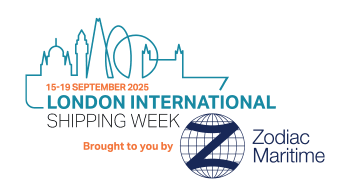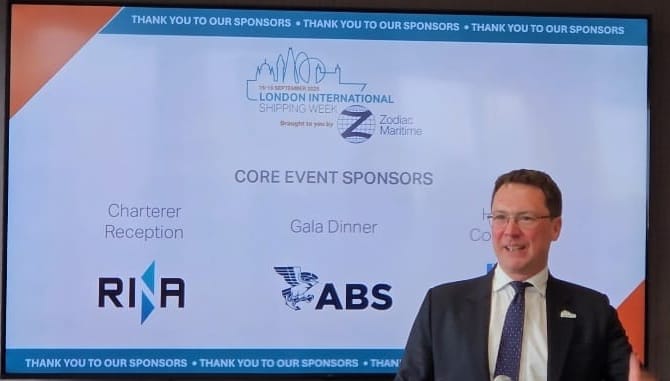When you attended LISW23 I hope you were amazed by the vast array of events taking place, staggered by the number of industry leaders who were in London for the week, and impressed at how industry and government worked together to put on a world class week showing the key role of London and the UK in the DNA of the international maritime industry, writes John Hulmes, Chair of the LISW25 Steering Group.
But did you give any thought as to how LISW is organised and planned. Who does all the work to put the week together?
Planning for LISW25 started as the lights were being switched off at LISW23. The planning process takes a full two years. Starting with a detailed analysis of what worked well and what did not for LISW23, this set the scene for putting the new structures together for the planning, delivery and execution of LISW25.
Starting with the Steering Group (SG), this consists of representatives from the key UK Maritime organisations (predominantly at CEO level) together with several other leading industry figures and senior Department for Transport officers. These include key representatives from Maritime UK, the Baltic Exchange, the UK Chamber of Shipping, Maritime London, the Society of Maritime Industries, and the UK Port sector. Added to this mix are senior representatives from UK Government and the Royal Navy. Together, this powerful team can reach across the maritime industry and ensure maximum engagement with LISW.
The SG is the driving force of LISW. Working closely with key stakeholders, the SG is heavily engaged in the 18-month period leading up to LISW. Planning and constantly monitoring progress, the SG is at the heart of the delivery of LISW. There are numerous working groups feeding into the SG. For example, we are currently putting together a Maritime Technology Innovation Working Group chaired by Ben Palmer, CEO of Inmarsat.
Sitting on the shoulder of the SG is the Board of Advisors (BoA). Chaired by Denis Petropoulos, the BoA consists of a body of top maritime leaders, many from overseas or with an international pedigree. The main roles of the BoA are to feed in what are the key issues exercising the minds of the industry (and forming the basis of the themes for the week) and providing overall governance of LISW.
The relationship with Maritime UK and the Department for Transport is an important part of the success of LISW. MUK helps to drive the engagement with the UK maritime industry whilst the DfT ensures the delivery of engagement across key government departments as well as the active participation of an array of senior government ministers.
But none of this would happen without the involvement of Shipping Innovation. Led by the co-founders of LISW, Llewellyn Bankes-Hughes and Sean Moloney, Shipping Innovation provides a team of professional staff who do the heavy lifting of delivering LISW, from the sponsorship packages to the event organising, and every other bit of detail that is needed for a successful LISW.
Although the LISW team plans and delivers the showcase platinum events during LISW, most events are put on by the sponsors and supporting organisations. Ranging from seminars to high end cocktail parties, it is this part of LISW that sets it apart from other international maritime events.




